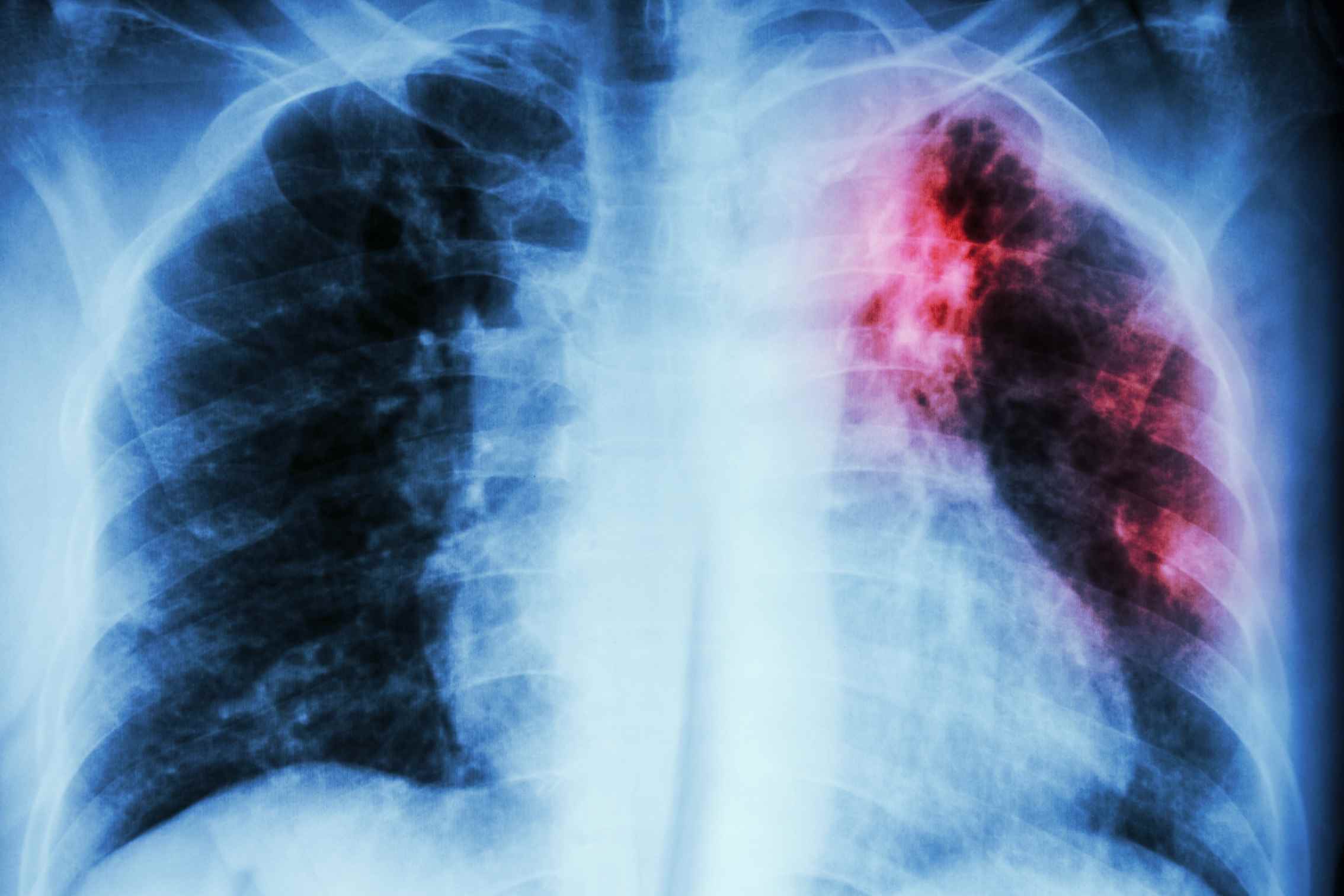Analysis of the main mutation in cystic fibrosis
Attention! Changes due to the COVID-19 pandemic!
The laboratory accepts clients and patients in person strictly by prior appointment. To apply for a visit, write to info@genera.lv or call us 26267833! We recommend that you perform the DNA test remotely. More information here.

Testing for the most common mutation in CFTR gene
What is cystic fibrosis?
Cystic fibrosis is a heterogeneous disease caused by mutations in the CFTR gene. More than 1800 different mutations causing a variety of clinical symptoms have been described in this gene. The most common of these mutations is the so-called delta F508. Typical cystic fibrosis usually develops when at least two pathogenic mutations on different chromosomes or one homozygous mutation are found in the genome. Approximately 70% of cystic fibrosis patients are homozygous for delta F508. Typical cystic fibrosis can manifest as chronic lung and sinus bacterial infection, exocrine pancreatic insufficiency, hepatobiliary disease, vas deferens deficiency in men (obstructive azoospermia), and increased chloride levels in sweat. If the genotype contains one pathogenic and one less pathogenic mutation, or a less pathogenic mutation in a homozygous state, then the clinical symptoms may be less pronounced and the disease may affect one or a few organs.
Frequency: 1:2500, carriers — 1:75
Type of heredity: autosomal recessive
Purpose of testing: To determine the presence of the most common mutations in the CFTR gene (DF508) in the genome in patients with clinically reasonable suspicion of cystic fibrosis or CFTR-related pathology. Testing can also be performed to determine carrier status.
Interpretation of results:
Delta F508 homozygous: confirmed diagnosis of cystic fibrosis.
Delta F508 heterozygous: mutation carrying confirmed. If the patient has respective clinical manifestations, analysis of the entire CFTR gene is recommended to determine the heterozygosity of the compound.
Delta F508 mutation not found: diagnosis of cystic fibrosis or carrying of the mutation has not been confirmed. If the patient has appropriate clinical manifestations, an analysis of the entire CFTR gene is recommended to find other possible pathogenic mutations.
Recommendations in the case of a positive result
In cases where the patient has the tested mutation, we recommend consulting a doctor: pulmonologist, gastroenterologist, or urologist, depending on the clinical symptoms. The whole family would also be advised to consult a geneticist to determine the risk of disease to family members and, if necessary, to determine the mutation carrier.
Note:
This test detects only the delta F508 (DF508) mutation and does not rule out the presence of other pathogenic mutations in the genome tested.
In rare cases, a false negative result is possible due to the possibility of mutations at the site of oligonucleotide (PCR primer) binding.
Important!
With a doctor’s referral (for a complete list, see the “Prices”) section) medical DNA tests (except for the prenatal NIPT “Panorama” test for pregnant women) are paid for by the NHS. Important! The NHS only pays for the test if the referral is issued as part of an NHS-paid visit, and the doctor has a contract with the NHS. Referrals issued during a paid visit will not be valid. Quotas are available.
The sample for DNA testing can be submitted at any branch of our partner - Centrālajā laboratorijā.
You can also order all offered DNA tests at full price. Remote contactless testing is available for both paid and NHS-referred tests. All medical DNA tests can be performed remotely, except for tests on pregnant women, where a blood sample must be collected.
Do you have questions about testing opportunities?
Ask us!